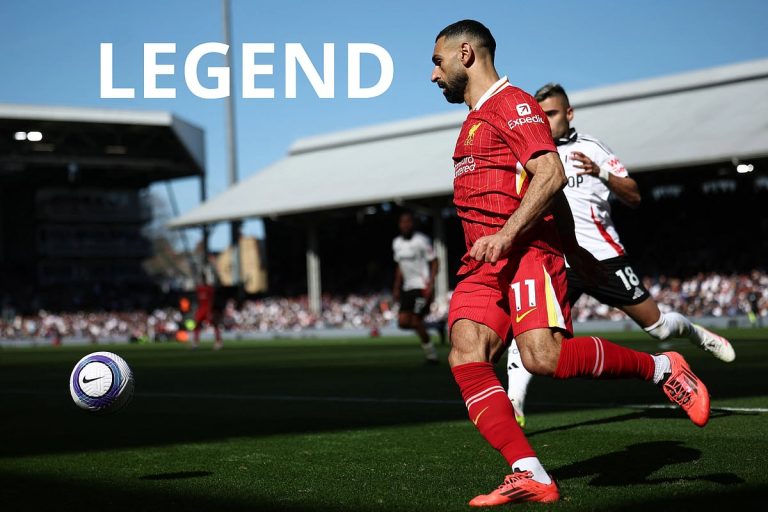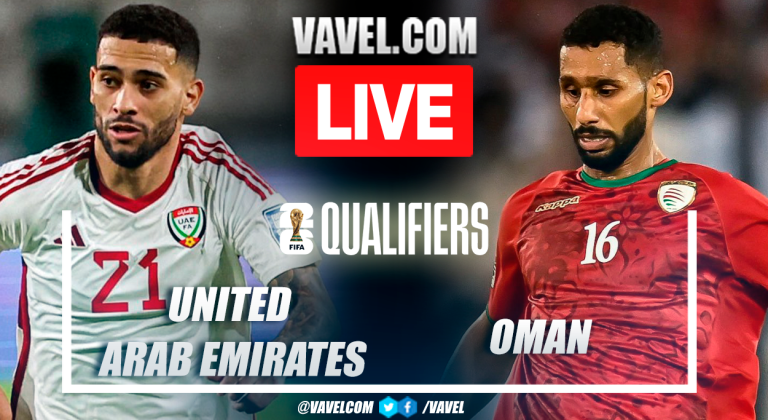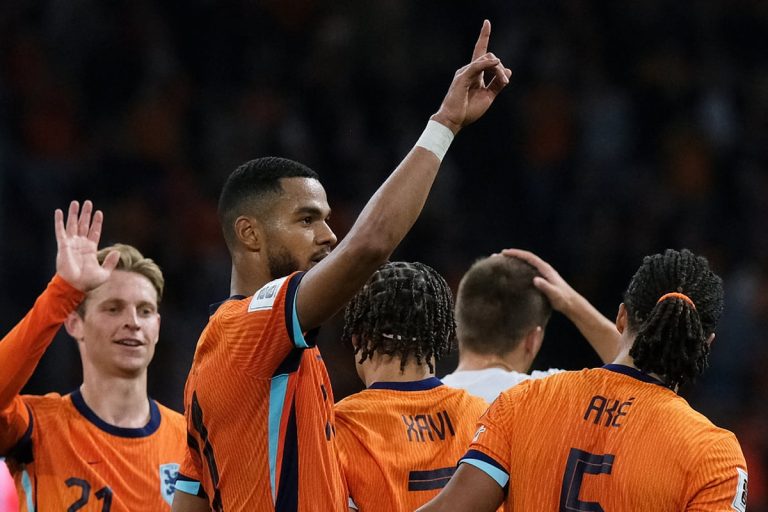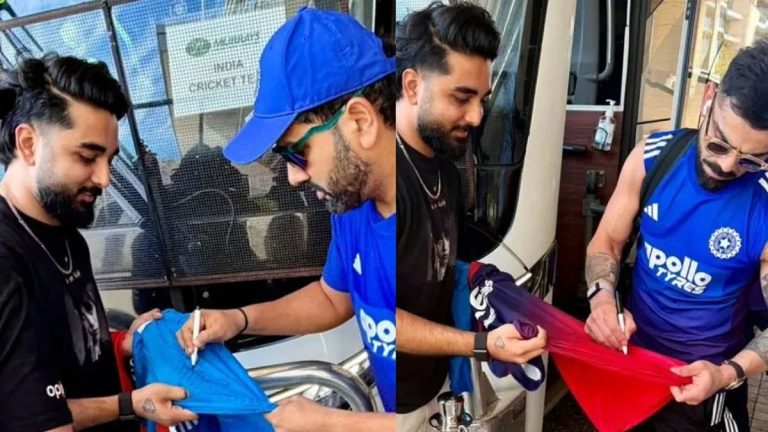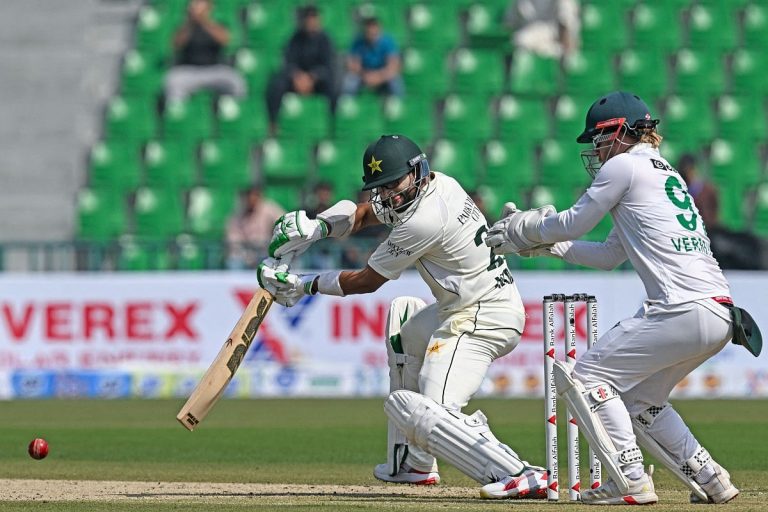Saudi Arabia Rejects Messi’s Proposal for Pro League Play
Lionel Messi’s recent offer to play in the Saudi Pro League during the Major League Soccer (MLS) off-season has been officially declined by Saudi Arabian officials. This decision highlights the Kingdom’s stance on maintaining the integrity of its league and not serving as a temporary venue for international stars.
Details of the Offer
Abdullah Hammad, the CEO of Mahd Sports Academy, revealed that Messi’s representatives approached him during the last Club World Cup. They proposed a short-term contract for Messi, allowing him to remain active while the MLS is on a break for nearly four months. Hammad conveyed that Messi’s intention was to stay fit and prepare for the upcoming 2026 World Cup.
However, after discussing the proposal with the Minister of Sports, it was made clear that the Saudi league would not be utilized as a training ground for players from other leagues. The minister emphasized the importance of establishing the Saudi Pro League as a competitive environment rather than a temporary solution for foreign athletes.
Contrasting Approaches: Messi and Ronaldo
Hammad also compared the differing approaches of Messi and Cristiano Ronaldo regarding their career moves. While Messi has maintained strong ties with Barcelona and set specific conditions for his career decisions, Ronaldo embraced a new challenge by joining Al Nassr in 2022. This contrast illustrates the varying paths taken by these two football icons in their professional journeys.
Messi, who left Paris Saint-Germain in 2023, has since signed with Inter Miami and extended his contract until 2028, solidifying his commitment to the MLS.
FAQs
Why did Saudi Arabia reject Messi’s offer?
Saudi Arabia rejected Messi’s offer to play in the Pro League to maintain the league’s integrity and avoid being seen as a training ground for foreign players.
What was Messi’s intention behind the offer?
Messi aimed to stay active and maintain his fitness during the MLS off-season, particularly in preparation for the 2026 World Cup.
How does this decision impact the Saudi Pro League?
The decision underscores Saudi Arabia’s commitment to developing its league independently and enhancing its competitive status without relying on foreign stars for temporary participation.
Conclusion
Saudi Arabia’s rejection of Messi’s offer reflects its strategic vision for the Pro League, prioritizing its growth and reputation. As the league continues to evolve, it remains focused on attracting talent while fostering a competitive environment for local and international players.
The Saudi Pro League has made significant strides in recent years, aiming to elevate its status in the global football landscape. The league has attracted several high-profile players and coaches, which has contributed to its growing popularity both domestically and internationally. By rejecting Messi’s proposal, Saudi officials are signaling their intent to build a league that is recognized for its own merit rather than as a temporary stop for established stars. This approach aligns with the Kingdom’s broader vision of diversifying its economy and enhancing its cultural influence through sports.
The decision also reflects the competitive nature of football leagues worldwide, where many countries are investing heavily in their domestic competitions to attract talent and improve their overall quality. Countries like England, Spain, and Italy have long been seen as the top destinations for elite players, but leagues in the Middle East, including the Saudi Pro League, are increasingly positioning themselves as viable alternatives. By focusing on developing local talent and fostering a robust competitive environment, Saudi Arabia aims to create a sustainable football ecosystem that can thrive independently.
Furthermore, the rejection of Messi’s offer may also serve to reinforce the league’s image as a serious contender in the global football arena. As the Pro League continues to evolve, it will likely seek to enhance its infrastructure, improve player development programs, and increase its visibility through international partnerships and broadcasting deals. This strategic focus could ultimately lead to a stronger league that not only attracts foreign players but also nurtures homegrown talent, contributing to the long-term growth of football in the region.
Also Read:
NESR Wins Major Gas Contract with Saudi Aramco



